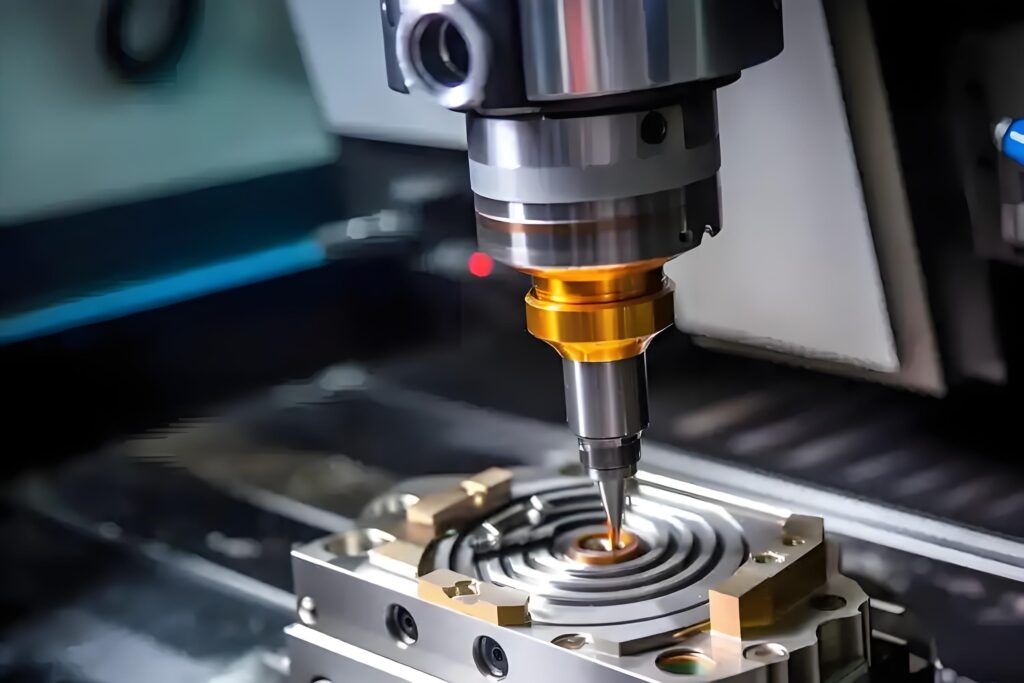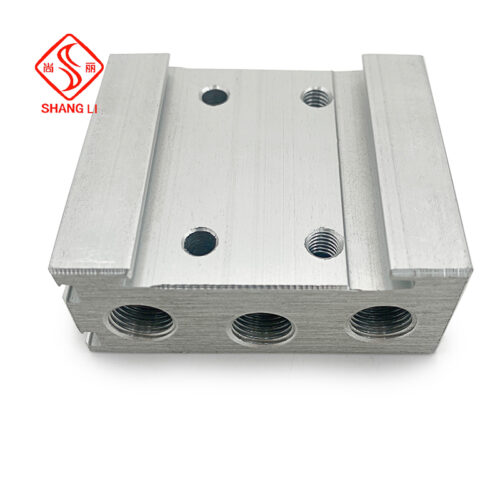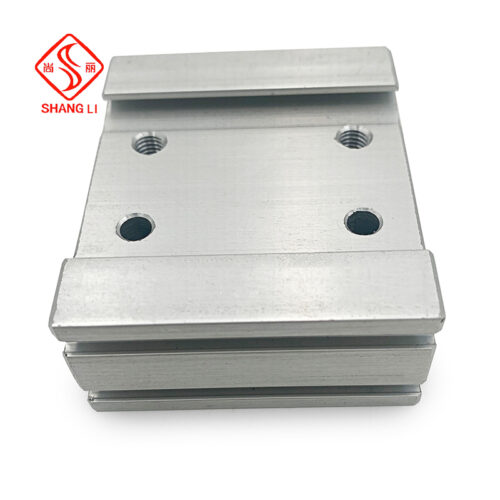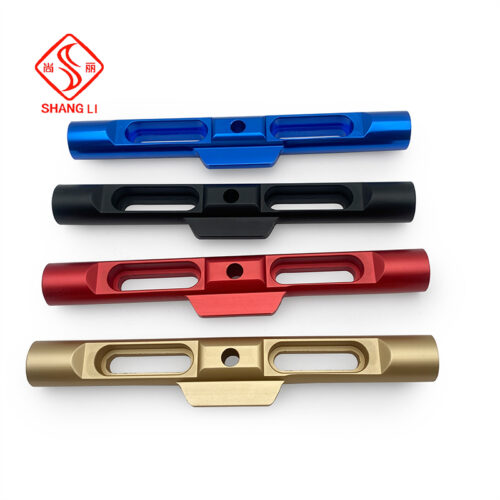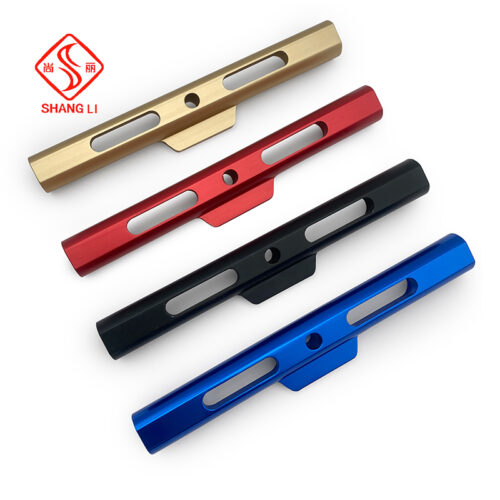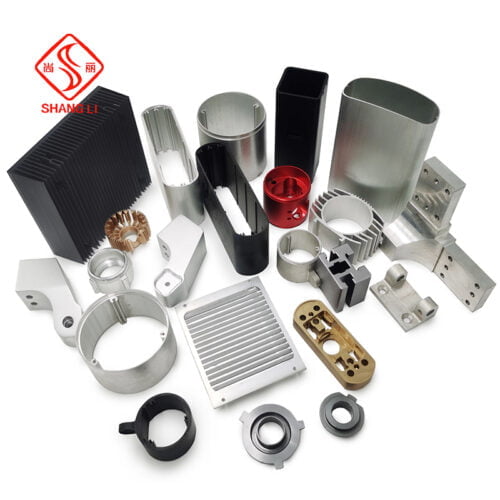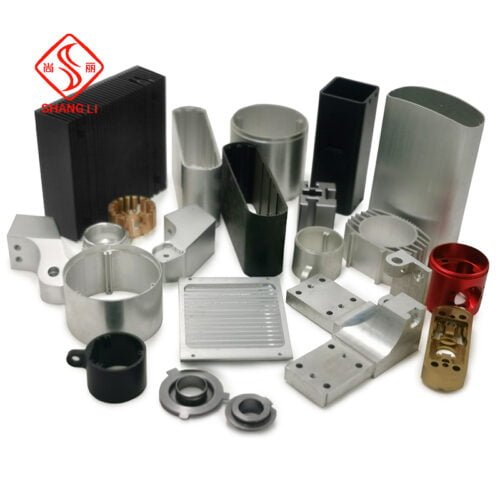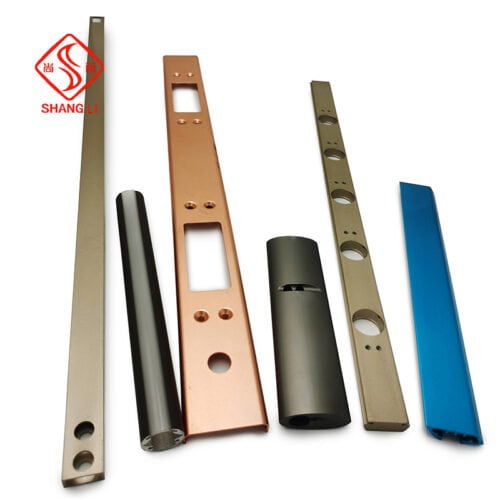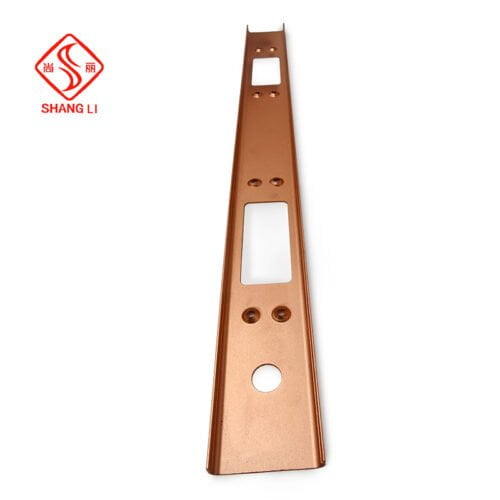The Core of Precision Manufacturing in Modern Industry
In modern manufacturing, CNC (Computer Numerical Control) machining has become the foundational technology for precision production. This advanced process integrates computer technology, mechanical engineering, and automated control, revolutionizing traditional manufacturing methods and delivering unprecedented accuracy and efficiency.
Core Principles
The foundation of CNC machining lies in digitally programmed control of machine tool movements. Unlike manual operations, CNC systems convert design requirements into coded instructions, driving tools or workpieces along predefined paths to automate cutting, grinding, drilling, and other processes. Its key advantage is eliminating human error, consistently achieving precision levels of ±0.001 mm—critical for aerospace, medical devices, and other high-precision fields.
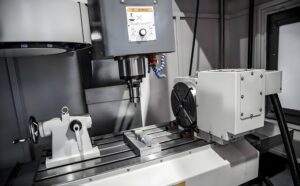
Evolution of Control Systems
As the “brain” of CNC machining, control systems have evolved from early hardware-based logic to modern computer-driven solutions. Today’s open-architecture CNC systems support complex programming and real-time monitoring. Operators use CAD/CAM software for 3D modeling, after which the system:
Automatically generates machining programs
Simulates processes via digital twin technology to preempt collisions
Reduces R&D cycles by >30% and slashes trial costs
Key Technologies & Applications
1. High-Speed Machining
Increases spindle speeds and feed rates for higher material removal rates
Reduces cutting forces and thermal deformation
2. Multi-Axis Machining
5-axis simultaneous machining enables single-setup production of complex geometries (e.g., turbine blades, molds)
3. Tooling Innovations
Coated carbide/ceramic tools extend tool life and boost efficiency
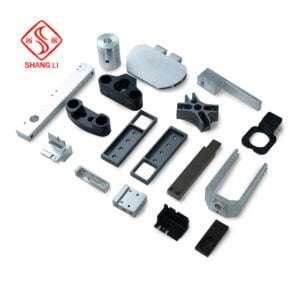
Cross-Industry Impact
CNC machining now spans far beyond traditional manufacturing:
Automotive: Engine blocks, transmission components
Aerospace: Complex structural parts via 5-axis systems
Medical: Custom implants, surgical instruments
Electronics & Energy: Precision components for devices and green tech
Industry 4.0 Integration
The future of CNC machining is defined by:
IoT connectivity for machine networking
Big data analytics to optimize parameters
AI-driven automation for adaptive machining
“CNC technology is no longer just about making parts—it’s about manufacturing efficiency itself.”
As CNC machining converges with smart manufacturing, it will continue to drive innovation across industries, transforming precision from an advantage into a baseline standard.


